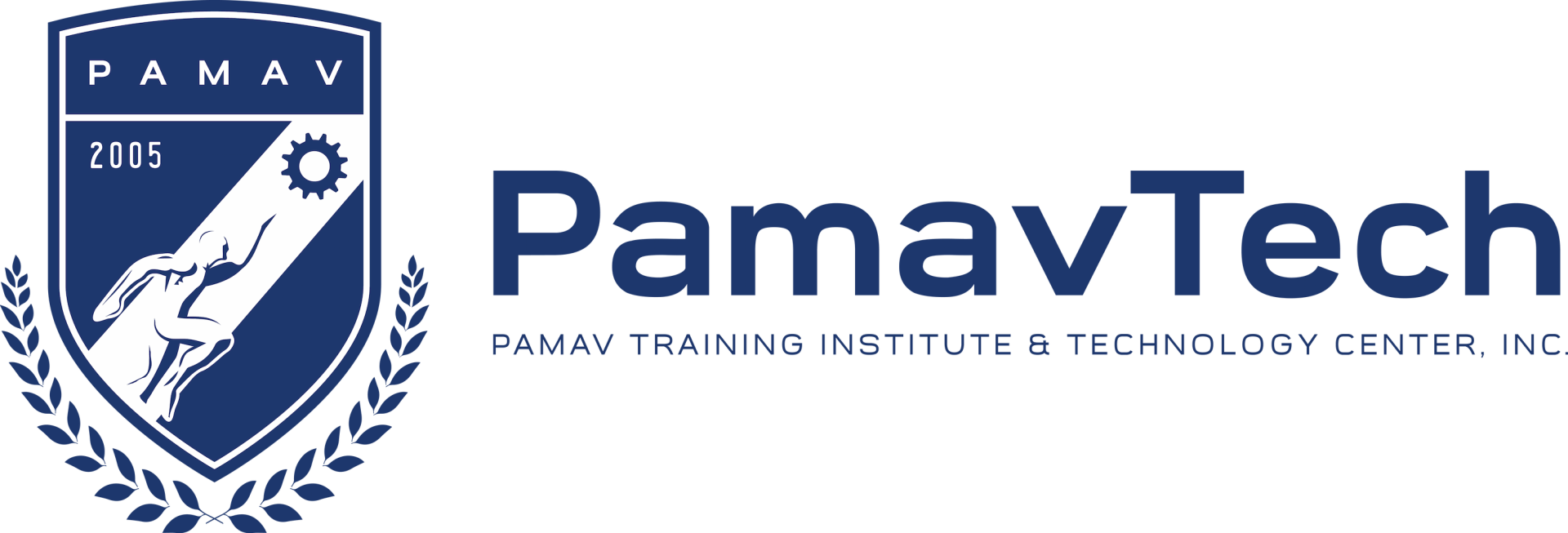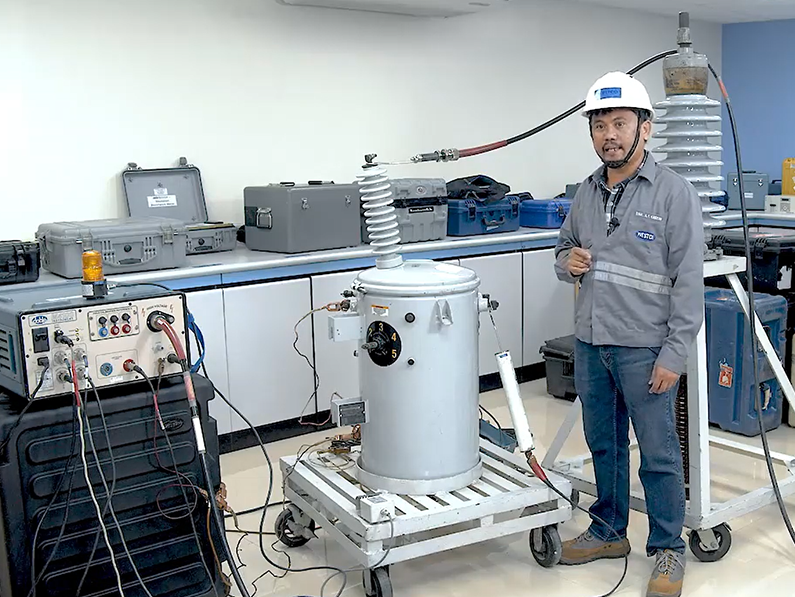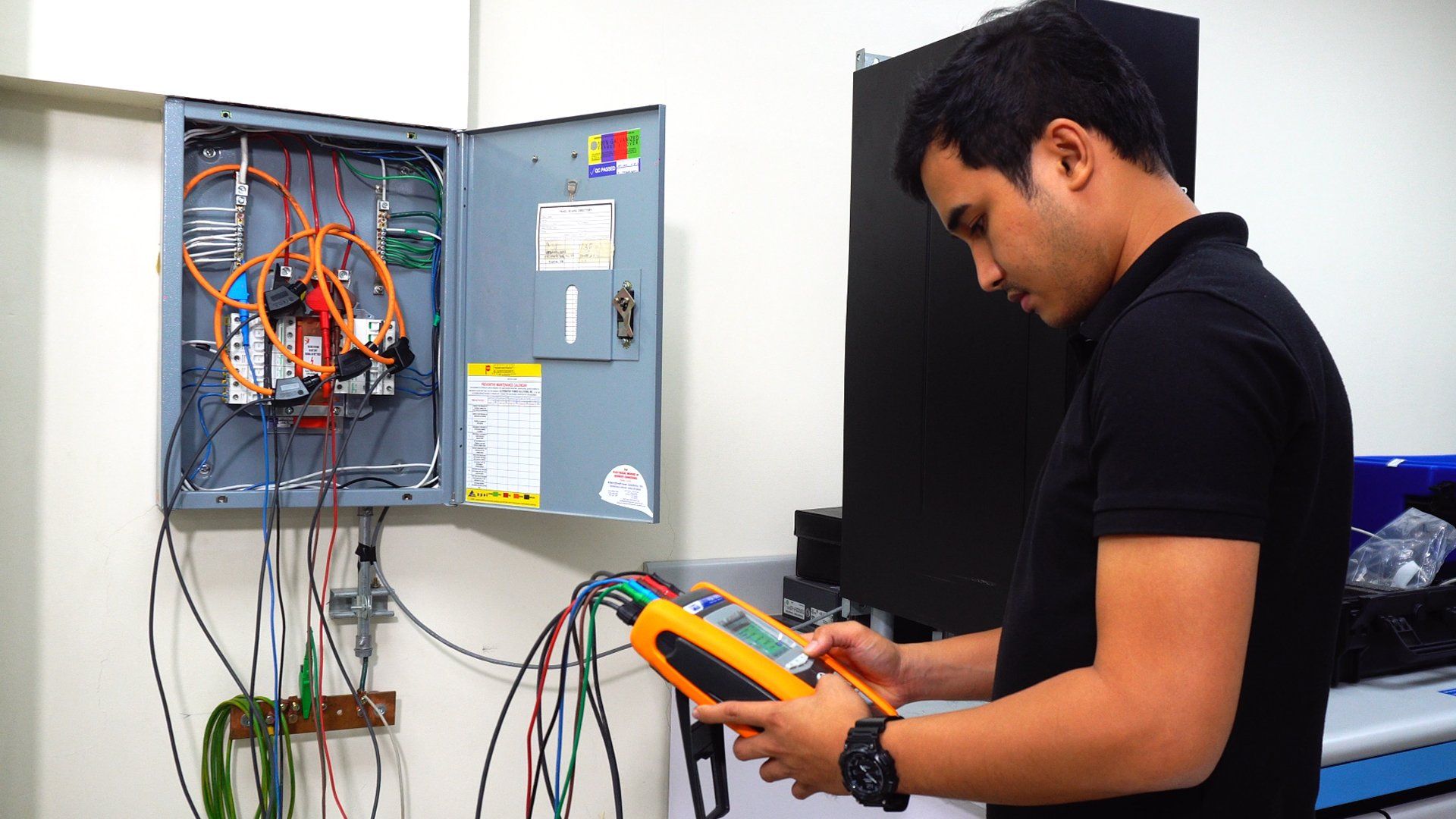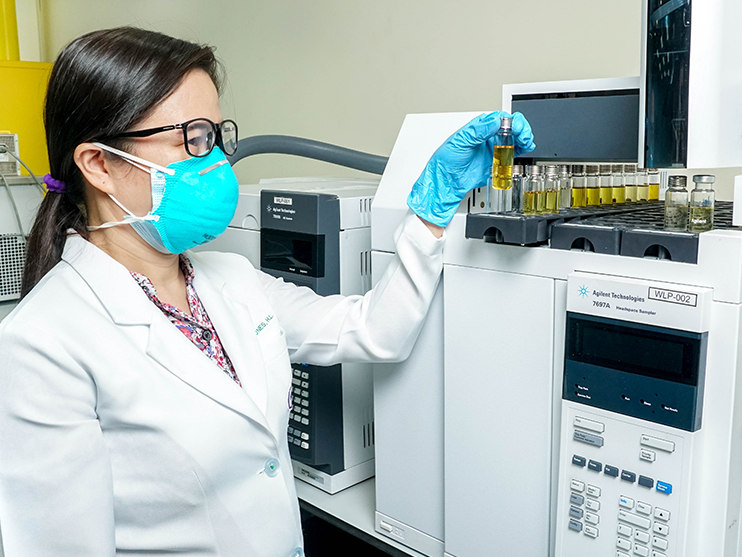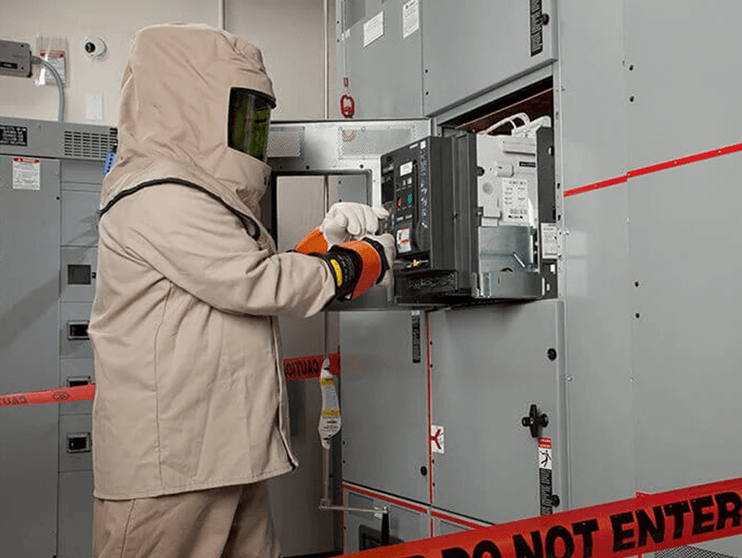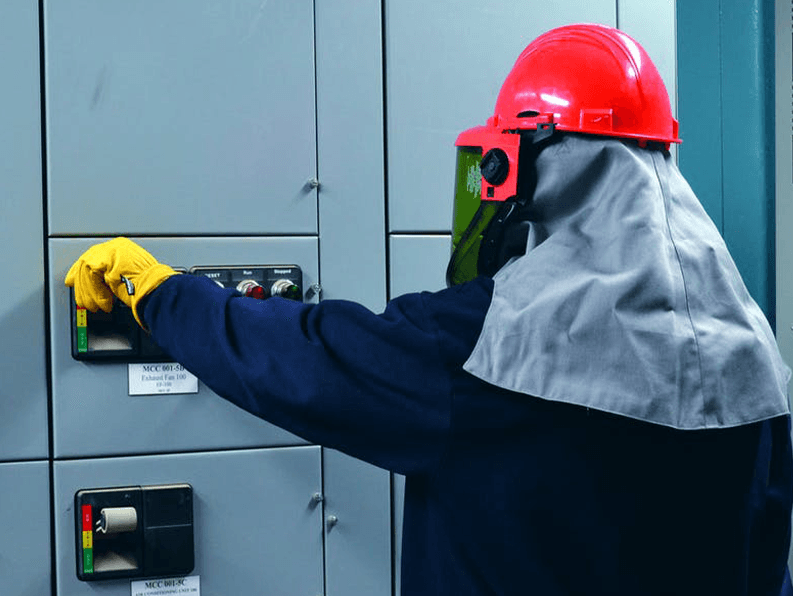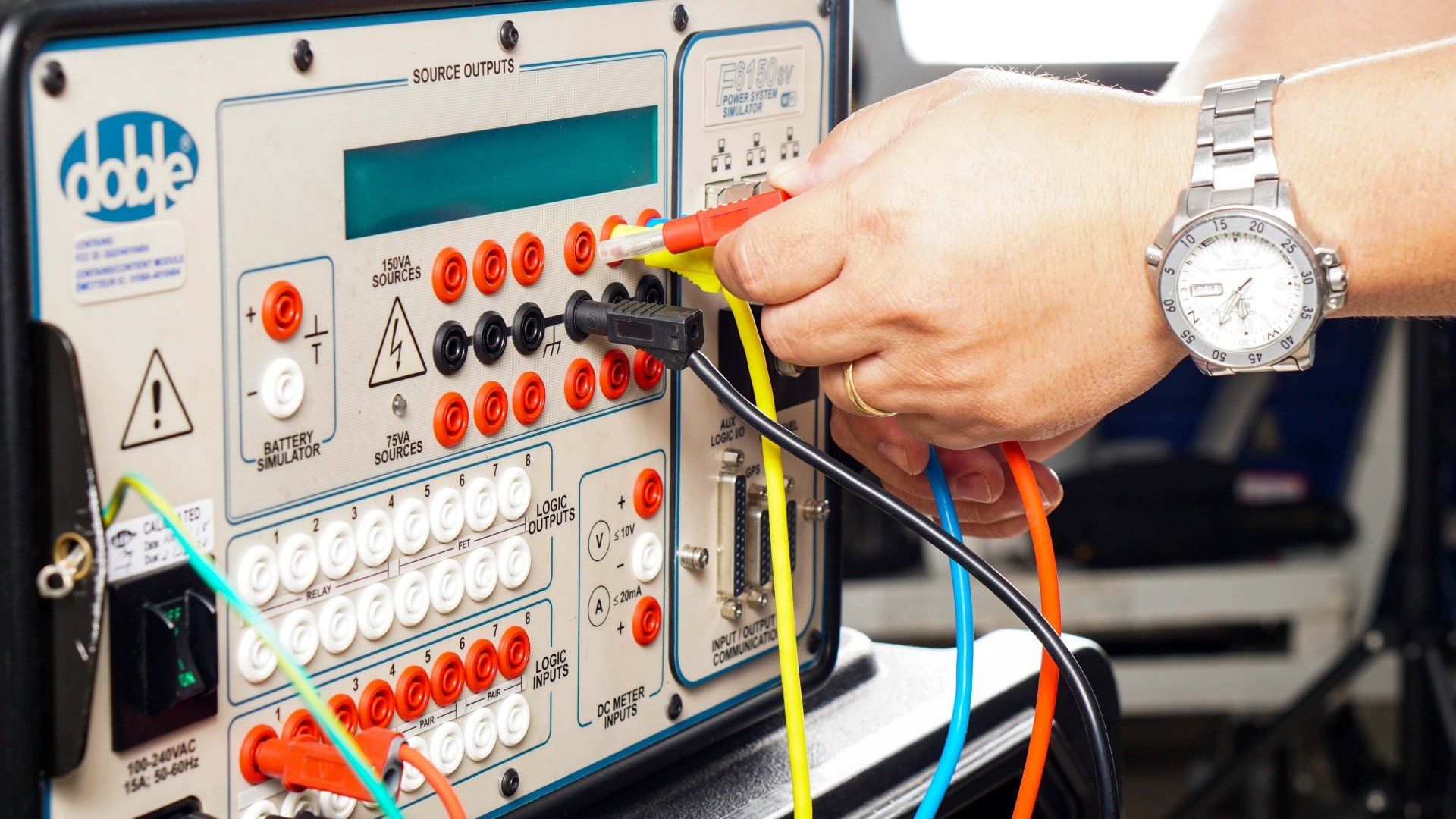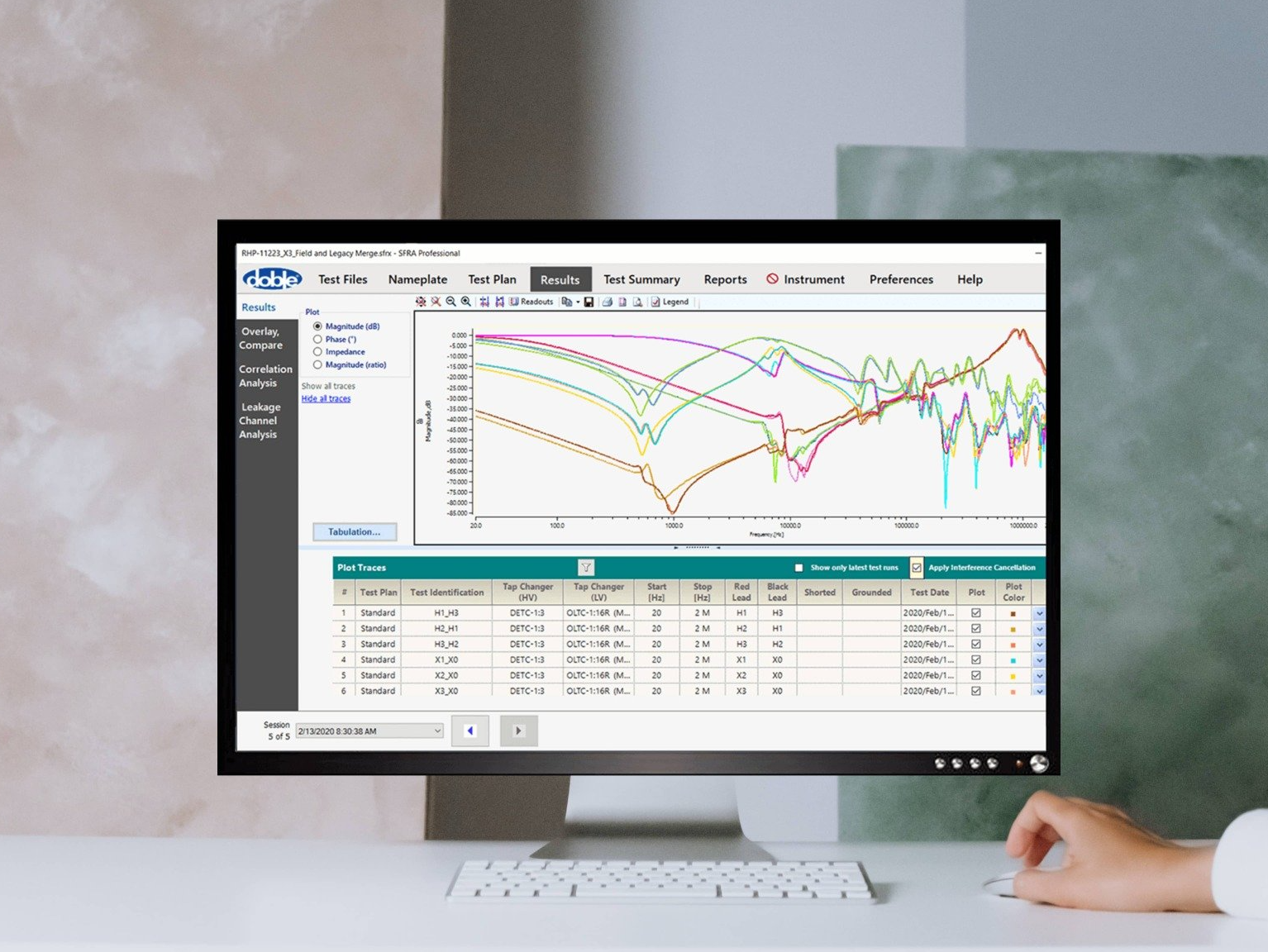Technical Programs
CONTACT US
ABOUT
PROGRAMS
GET OUR MONTHLY CALENDAR OF EVENTS
Contact Us
Thank you for contacting us.
We will get back to you as soon as possible.
We will get back to you as soon as possible.
Oops, there was an error sending your message.
Please try again later.
Please try again later.
